Baldur’s Gate 3 has 12 different classes, each with an abundance of potential and endless possibility, but I knew exactly what I was going to be before I even opened the game’s character creator.
Playing a Rogue is not about the viability or power level of the character you’re playing. It’s about being individualistic, and cunning—at least that’s what it’s like for me. Playing a Rogue in Baldur’s Gate 3 will feel very similar to what you might have experienced in a Dungeons & Dragons campaign, or even one of the older Baldur’s Gate games if you’re old enough to have played them. I remember being a youngster trying my hand at gaming for the first time and going around attempting to pickpocket whoever I could back in 1999 with the aid of my dad teaching me.
As an enthusiast of the edgy vibes that Rogue and rogue-like characters in comics and cartoons provided me throughout my childhood, I have an affinity for the class. So when it came to Baldur’s Gate 3, there was no other class in question.
I have a solo campaign with a Rogue named Remy, the real name of X-men’s rogue-like member Gambit, and I also have a Rogue in a campaign that I’m doing with friends named Olivia, the real-life name of Overwatch’s rogue-adjacent hero Sombra. If that doesn’t prove my Rogue bona fides across the vast world of heroes and gaming, I truly don’t know what will.
After more than 120 hours of playing the game according to Steam, I’ve compiled a list of the top reasons why I believe that anyone will have a good time making their main character a Rogue.
Sneaky Combat
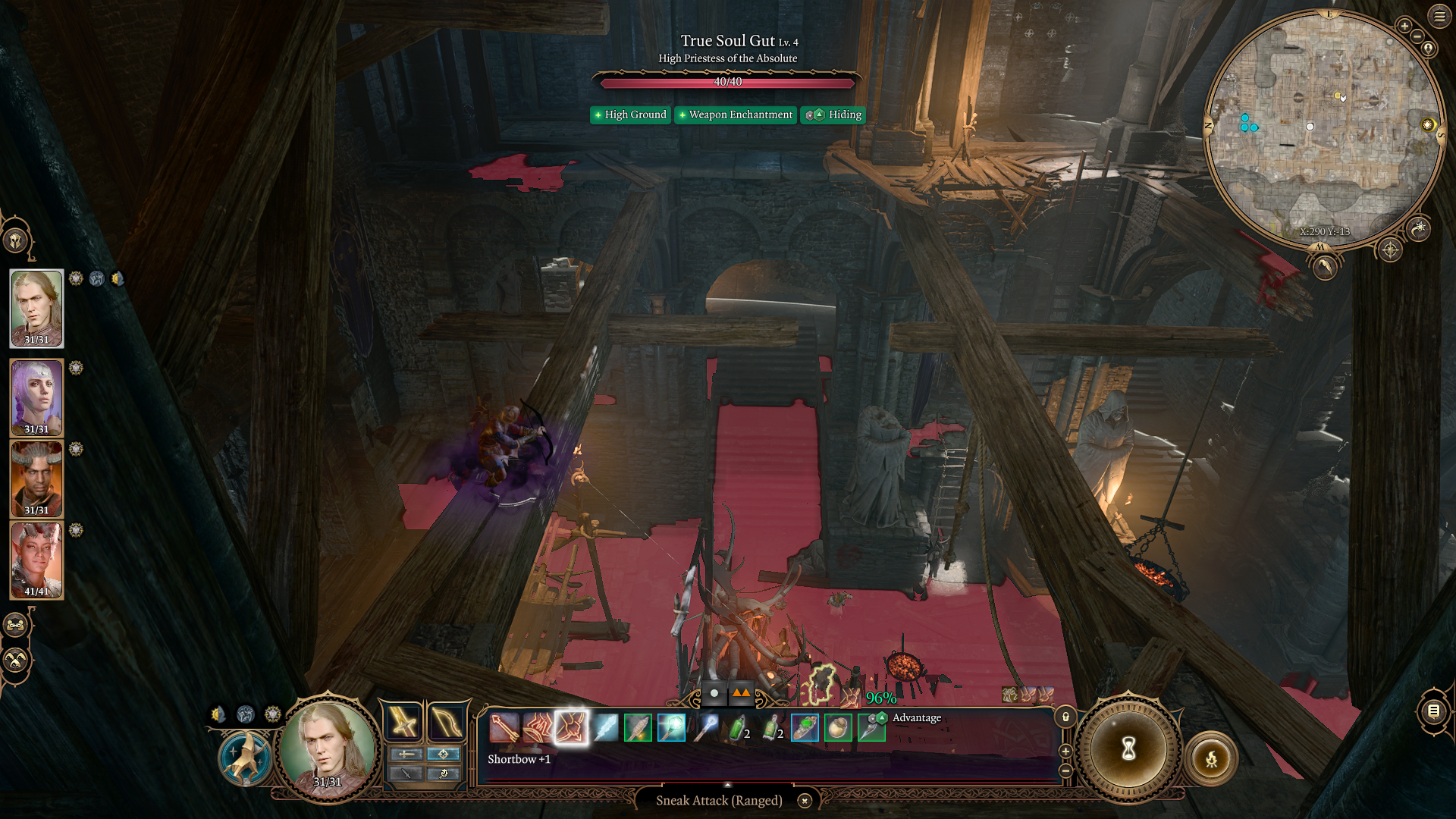
Though it’s not as strong as it was in early access, the ability to stealthily snipe out enemies and then quickly go back into hiding can be extremely powerful if you utilize that high ground appropriately, and it can even allow you to solo many fights that would otherwise require a lot of resources.
In my group campaign, our fight against True Soul Gut was exhausting and nearly everyone was downed at least once in the process. We had to scrape and claw our way through the goblins to make it out alive.
Related: Best races and ability scores for Rogue class in Baldur’s Gate 3
But when I went into the Shattered Sanctum in my solo campaign, I simply climbed into the rafters with my Rogue, left the rest of my party in a place where they could not get pulled into combat, and began firing Sneak Attacks.
With the high ground and a lot of shadows to Stealth around in, my character was effectively able to take out a full room of goblins, Gut included, without using anything but a bow and some Stealth.
Mad Skills
Jokes aside, Rogues truly are one of the most skill-oriented classes in Baldur’s Gate 3. Earning Expertise in two skills at level one and two more at level six, the class even gets an additional Feat that other classes don’t at level 10, meaning that they get four Feats in total as opposed to the three that others get.
Getting expertise in various skills can be incredibly useful, especially when you put that expertise into prominent skills associated with Rogues and Dexterity, like Stealth and Sleight of Hand. I used my Expertise on those two Skills early so that my team never had issues with things like lockpicking or disarming traps. Meanwhile, I could ungroup my Rogue and Stealth forward with him to scout out areas where I thought I might end up in combat.
Related: Baldur’s Gate 3: All Rogue Subclasses Ranked
Expertise in various skills also gives Rogue players a ton of flexibility and opportunities for expressing themselves through the character that they’re playing. I personally opted to put a lot of focus on things like Persuasion and Charisma, but if you wanted to be a little bit more rough-and-tumble, you could push yourself to have strong Intimidation or Deception modifiers, which leads us to perhaps my favorite part of being a Rogue in BG3.
Cult of Personality
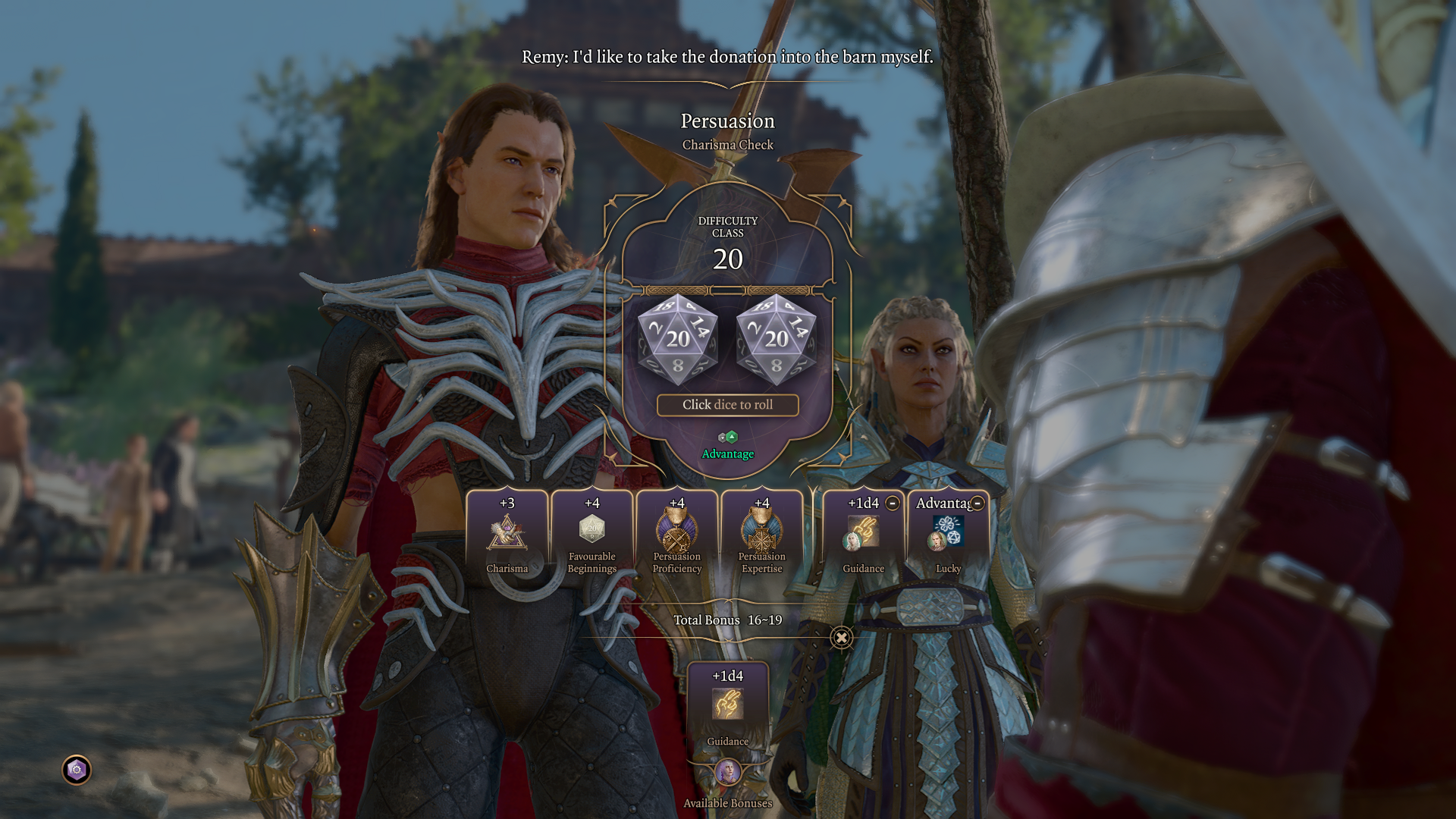
The Expertise that you can earn in various skills as a Rogue allows your player character to truly be the face of your group and the decision maker that some other classes don’t necessarily have the Charisma for.
Even without boosting your Charisma to 20, you can use Proficiency and Expertise points on skills that make your Rogue an embodiment of what you want your BG3 campaign to represent. While some classes clearly excel in certain types of combat, a vast majority of BG3 is spent developing a story that you create for yourself by interacting with various NPCs, and being able to pass Deception, Perception, Insight, Persuasion, and/or Performance checks are vital to maximizing your experience.
By making your character a Rogue, you can ensure that your character has the social skills required to truly be the “main character” in your BG3 campaign and be the face of your group despite the fact that their main stat isn’t Charisma their primary Ability.
Others Asked
Why might a player choose to play as the Dark Urge in Baldur's Gate 3?
A player might choose to play as the Dark Urge because it offers a different and darker experience with unique subplots and moral dilemmas. The character's struggle with intrusive thoughts adds an interesting narrative element to the game.
Which characters are recommended for a stealth-oriented party in Baldur's Gate 3 if you're not playing as a Rogue?
If you're not a Rogue, it is recommended to include Astarion (Rogue), Shadowheart (Cleric), Karlach (Barbarian) or another fighting class main character, and Gale (Wizard) or your spell-casting main character in a stealth-oriented party.
What races are recommended for playing a Rogue in Baldur’s Gate 3?
The recommended races for playing a Rogue in Baldur’s Gate 3 are generally Elves, but Deep Gnome and Lightfoot Halfling are also good options. Wood Elf is specifically favored for its movement speed increase.



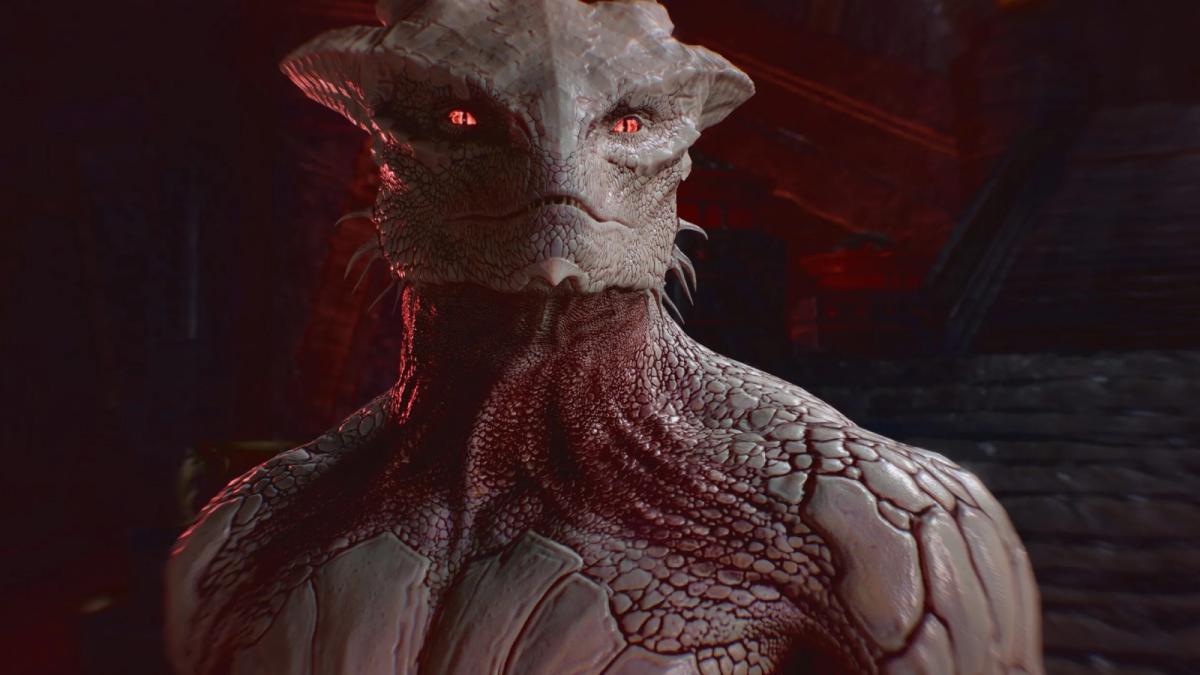

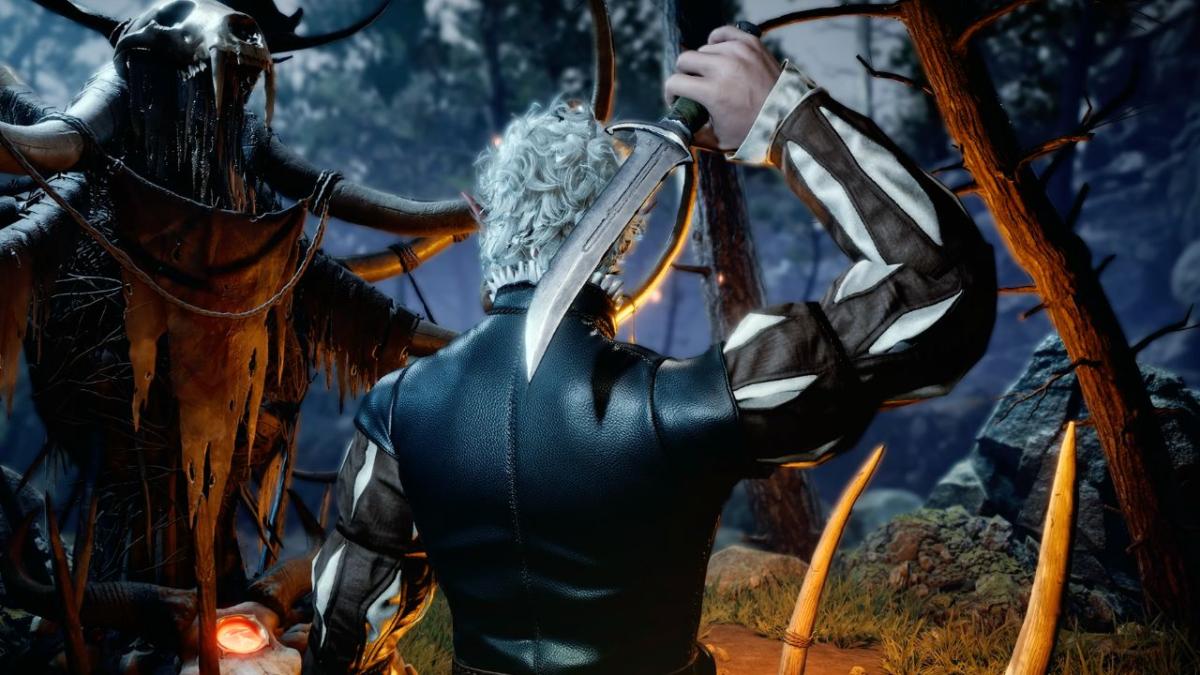



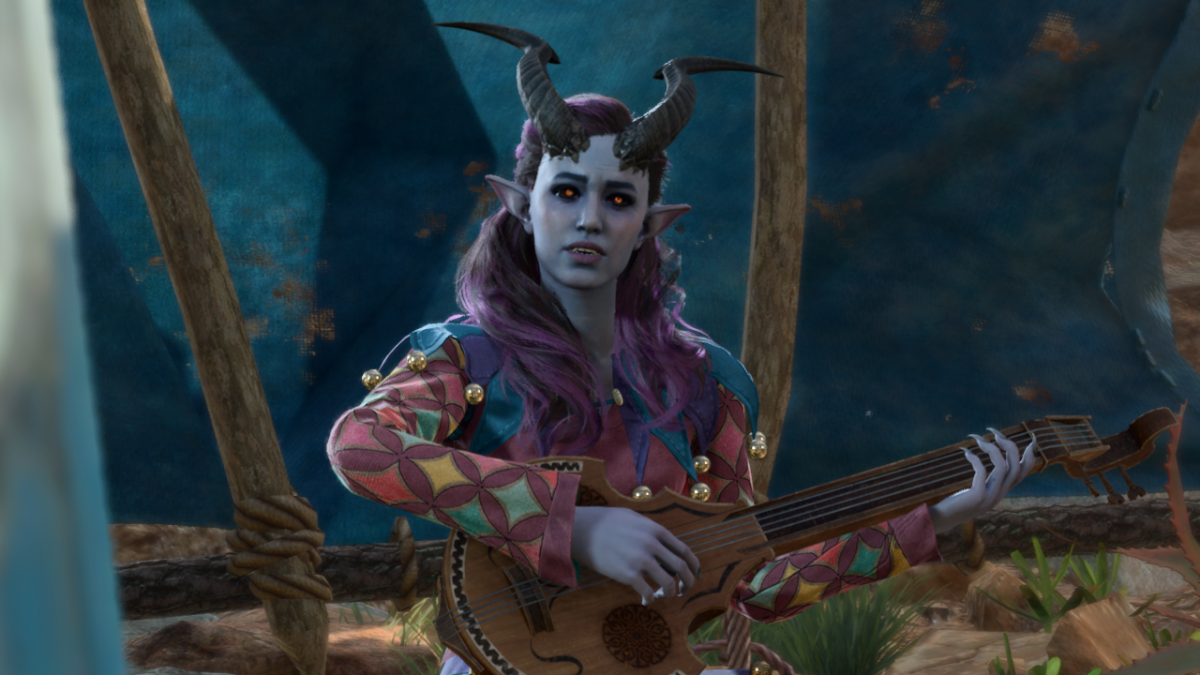
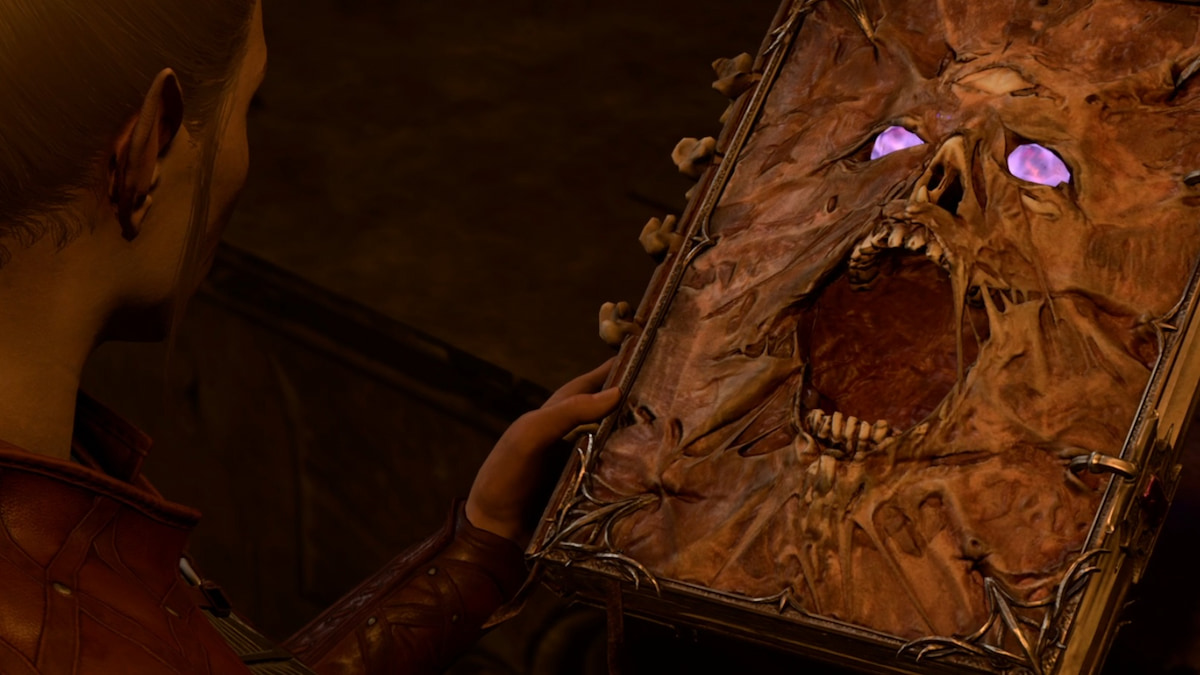


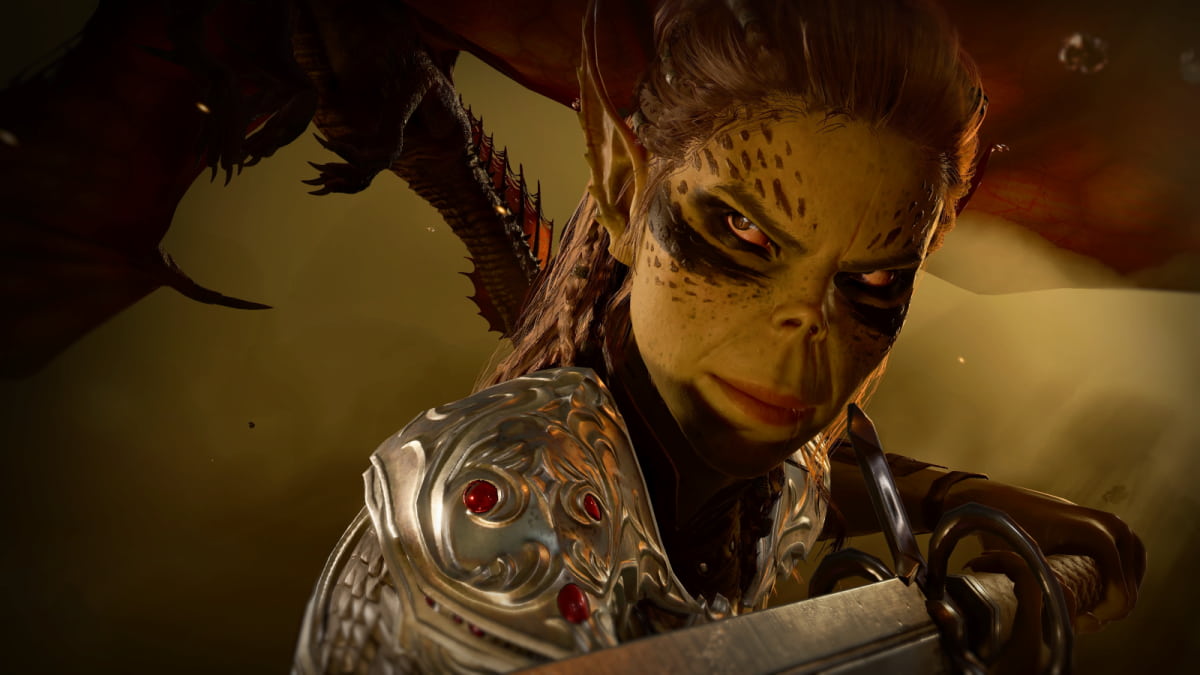
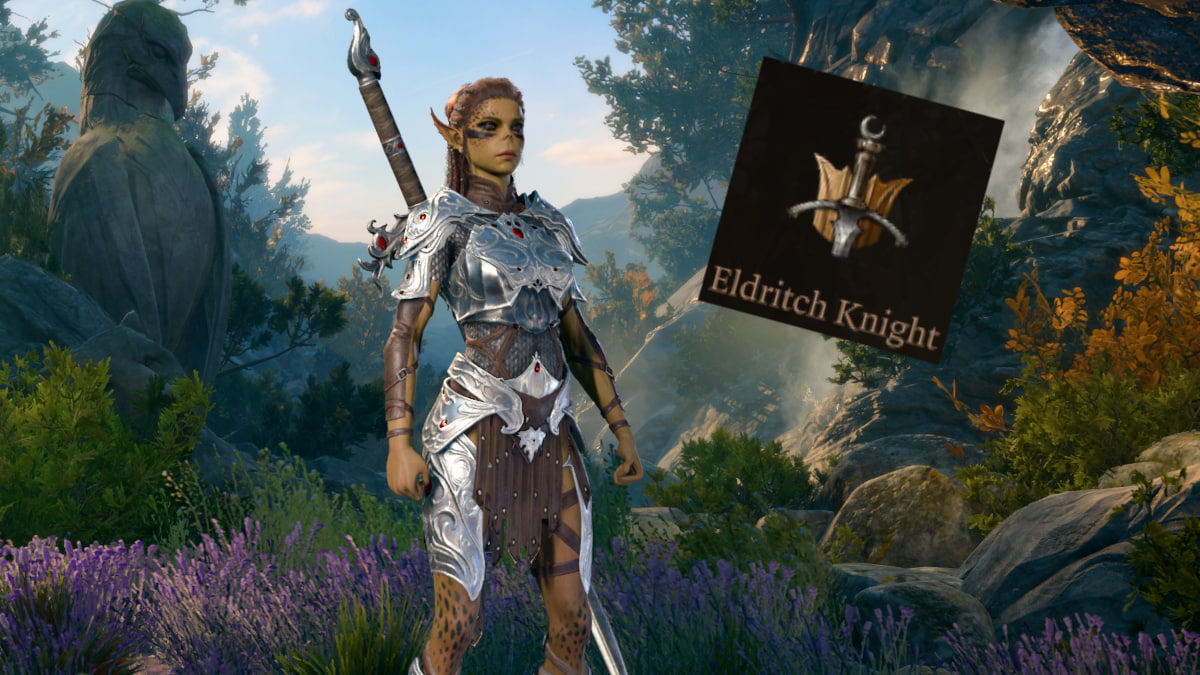

Published: Sep 14, 2023 04:26 pm